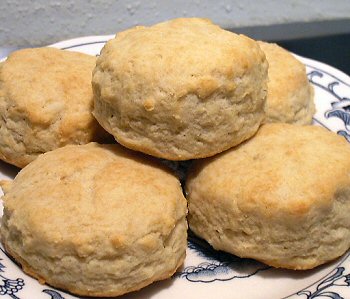Is Cheese Bad for You?
Nutritional Value of Cheese
One ounce of cheddar cheese contains:
* Calories: 110
* Protein: 7 grams
* Fat: 9 grams
* Carbohydrates: 1 gram
* Calcium: 200 milligrams
* Phosphorus: 190 milligrams
* Zinc: 3 milligrams
* Vitamin A: 300 IU
* Vitamin B12: 1.2 micrograms
Health Benefits of Cheese
Cheese has been associated with a number of health benefits, including:
* Reduced risk of heart disease: The saturated fat in cheese has been shown to increase levels of HDL (good) cholesterol and decrease levels of LDL (bad) cholesterol. This can help to reduce the risk of heart disease and stroke.
* Improved bone health: Cheese is an excellent source of calcium, which is essential for bone health. Calcium helps to build and maintain strong bones and prevents osteoporosis.
* Lowered risk of some types of cancer: Some studies have found that eating cheese may be associated with a lower risk of certain types of cancer, such as colon cancer and breast cancer. The mechanisms behind this potential benefit are not fully understood, but it may be related to the presence of certain compounds in cheese.
* Weight management: Despite its high-fat content, cheese may actually help with weight management. This is because the protein in cheese is very satiating and can help you to feel full and satisfied.
Potential Downsides of Cheese
The following are some potential downsides of cheese:
* High in saturated fat: Cheese is a high-fat food, and most of the fat it contains is saturated fat. Saturated fat can raise levels of LDL (bad) cholesterol and increase the risk of heart disease.
* High in sodium: Many types of cheese are high in sodium. This can be a problem for people with high blood pressure or other conditions that require a low-sodium diet.
* May be allergenic: Some people are allergic to milk and cannot eat cheese.
How to Enjoy Cheese in Moderation
Cheese can be a healthy part of a balanced diet if it is consumed in moderation. Here are some tips for enjoying cheese in moderation:
* Choose lower-fat cheeses such as Swiss, mozzarella, or part-skim ricotta.
* Limit your intake to one to two ounces of cheese per day.
* Pair cheese with fruits, vegetables, or whole grains to round out your meal.
* Avoid processed cheeses, which are high in sodium and saturated fat.
-
MOCK CORN BREAD WITHOUT CARBQUIK
NANCYS MOCK CORN BREAD WITHOUT CARBQUIK1 cup almond flour, 4 ounces3/4
-
BANANA NUT SCONES
NANCYS BANANA NUT SCONES2 cups Carbquik1 teaspoon baking powder1/2 cup
-
PERFECT LC PANCAKES
LESLIES PERFECT LC PANCAKES1 cup almond flour (3 ounces)1/4 teaspoon b
-
MIM SANDWICH BREAD
PETSALLOVERS MIM SANDWICH BREAD2 tablespoons butter, melted2 eggs2 tab
-
MINICARB GARLIC & CHEESE BISCUITS
MINICARB GARLIC & CHEESE BISCUITS2 tablespoons baking powder1/4 teaspo
-
PANCAKES
OREGONRENES PANCAKES2 egg yolks2 egg whites4 ounces cream cheese, soft



